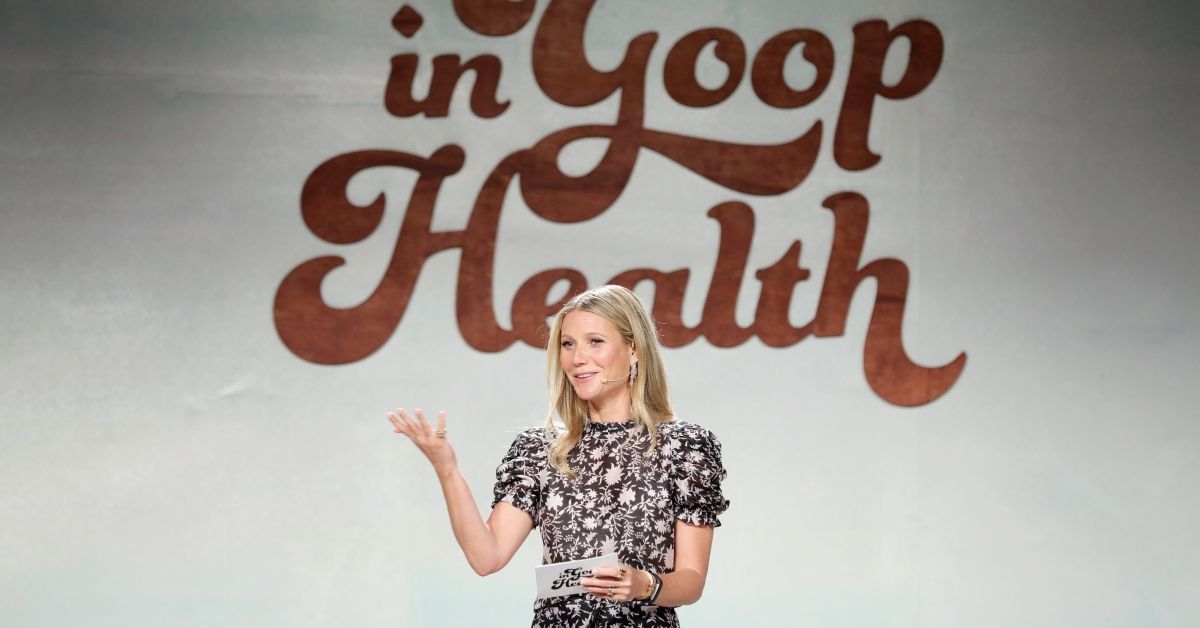In a blog post on her website for selling beauty products and clothes, Goop, Gwyneth Paltrow said in early 2021 that she had tested positive for COVID-19 at an earlier, unspecified date.
And, like many other COVID-19 patients, the Hollywood actor and entrepreneur reported tiredness and "brain fog" long after the virus' immediate symptoms subsided.
"A little background: I had COVID-19 early on, and it left me with some long-tail fatigue and brain fog," the blog post read. "In January, I had some tests done that showed really high levels of inflammation in my body."
Responding to those results, Paltrow said she started "intuitive fasting," which centered on a keto and mostly plant-based diet, as well as skipping breakfast. She advertised the alcohol-free, sugar-free lifestyle as "freewheeling" compared to liquid-only cleanses, allowing followers to eat things such as kimchi and kombucha.
Additionally, the blog post marketed dietary supplements, nonalcoholic cocktails, skincare products, clothes, jewelry, and sessions in an infrared sauna — "all in service of healing" and giving "a gift to my body."
While the blog post only mentioned the coronavirus once (in the second paragraph), it implied that she supposedly bought or ingested the above-mentioned products to better manage the virus' pervasive fatigue and "brain fog," which is usually characterized by occasional forgetfulness or a lack of concentration.
(About 10% of COVID-19 patients have similarly reported problems, including fatigue, depression, and an altered sense of taste and smell for weeks or months after their initial symptoms, according to the British Medical Journal.)
Following the publication of Paltrow's blog, however, Stephen Powis, national medical director of National Health Service (NHS) England and a professor of renal medicine at University College London, warned fans of the beauty guru not to follow her advice.
He told BBC:
In the last few days I see Gwyneth Paltrow is unfortunately suffering from the effects of Covid. We wish her well, but some of the solutions she's recommending are really not the solutions we'd recommend in the NHS.
We need to take long Covid seriously and apply serious science. All influencers who use social media have a duty of responsibility and a duty of care around that.
In sum, considering Powis' leadership position at NHS, as well as his above-transcribed comments published by reputable news organizations including BBC and The Guardian in which he said some of Paltrow's recommendations do not align with the medical community's advice for treating the virus, we rate this claim "true."
For the NHS' full list of recommendations for treating, testing for, and vaccinating to prevent the spread of COVID-19, go here.

